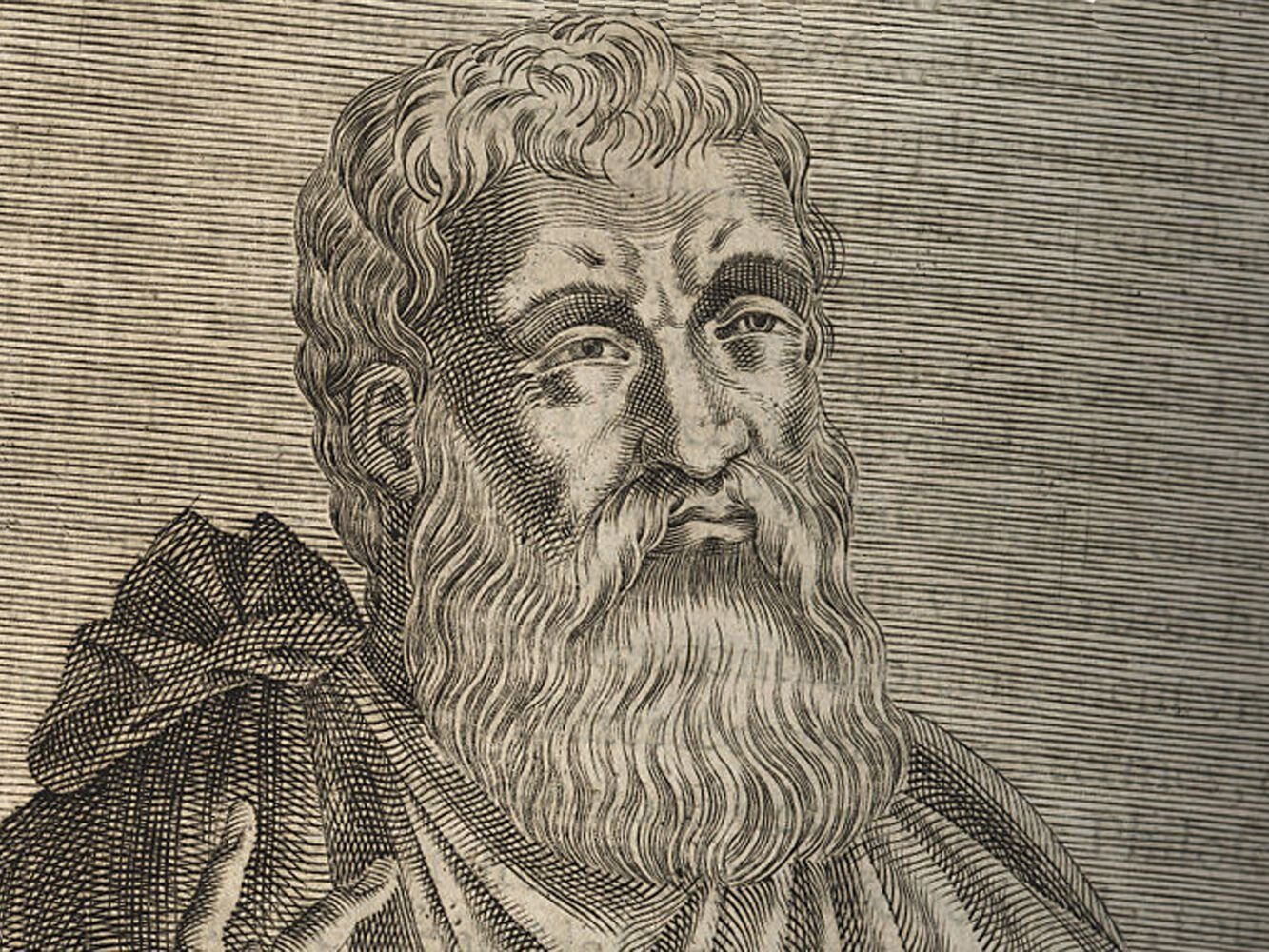1: Apostolic silence
And we, too, being called by His will in Christ Jesus, are not justified by ourselves, nor by our own wisdom, or understanding, or godliness, or works which we have wrought in holiness of heart;but by that faith through which, from the beginning, Almighty God has justified all men; to whom be glory for ever and ever. Amen.
Now, some groups such as the Lutherans have attempted to harmonize faith alone and baptismal regeneration, however the question still remains, why does Clement not mention baptism on his answer on how to be saved? Baptismal regeneration is neither mentioned by Ignatius, who wrote 7 different epistles, Polycarp nor Mathetes.
2: Josephus (1st century)
Josephus was not a Christian, however he mentioned that Jewish Christians rejected baptismal regeneration, as he writes:
and commanded the Jews to exercise virtue, both as to righteousness towards one another, and piety towards God, and so to come to baptism; for that the washing would be acceptable to him, if they made use of it, not in order to the putting away of some sins, but for the purification of the body (Antiquities of the Jews, Book XVIII, Chapter 5.2)
Thus, we know that the Jewish Christians in the 1st century, did not believe in baptismal regeneration.
3: Aristedes (2nd century)
Further, if one or other of them have bondmen and bondwomen or children, through love towards them they persuade them to become Christians, and when they have done so, they call them brethren without distinction. (The Apology of Aristedes)
Note how Aristedes did not say that infants become Christians by baptism, but that we are only Christians when we are persuaded to the gospel. This highly implies that Aristedes did not believe that baptism is tied to salvation.
4: Treatise on rebaptism (250ad)
5: Jovinian (400ad)
and makes a distinction between the mere baptism of water and the baptism of the Spirit, which involves also a distinction between the actual and the ideal church.
6: Misunderstanding of the early Christians?
"So similarly when we say baptism saves, this doesn’t mean baptism per se, baptism as distinct from the prior parts of conversion that lead up to it. But baptism as representative of that entire process because baptism is the visible picture of salvation. "
Thus, Gavin's argument was that some early writers tied baptism to salvation "symbolically" or as a figure of speech, without literally trying to say that baptism regenerates. This can be seen for example can be seen in Justin Martyr (2nd century):
"as Isaiah cries, we have believed, and testify that that very baptism which he announced is alone able to purify those who have repented; and this is the water of life." (Dialogue with Trypho (Chapter 14)
 |
| Justin Martyr (AD 100 – c. AD 165) |
This same appears in Cyril of Jerusalem (313 - AD 386):
“Peter came, and the Spirit was poured out upon them that believed, and they spoke with other tongues, and prophesied: and after the grace of the Spirit the Scripture says that Peter commanded them to be baptized in the name of Jesus Christ Acts 10:48; in order that, the soul having been born again by faith , the body also might by the water partake of the grace.” (Catechetical Lecture 3.4)
Noting the terms "Having been born again by faith", which is speaking of the past. The grammar means that the act of being born again preceded the act of baptism, thus it's impossible that he believed that being born again happened in the water itself. It is thus entirely possible that Cyril used these words figuratively, as Gavin Ortlund comments:
So Cyril, he really coordinates faith and baptism together. He sees them like as two parts of one thing really. People are going to go nuts and come up with all these other quotes in Cyril. I’ve read through the catechetical lectures very carefully, I’m aware there’s other passages where he talks about baptism in a very high way. My point is he does understand Cornelius to have been born again at the moment of faith, and yet he still speaks of baptism as regenerative for him. And again, this is drawing attention to the fact that baptism and salvation can have this profound relationship without it being a causative one.
The reason for such figures of speech being born may be due to the symbolism of baptism. Because baptism symbolized salvation, the word may have been connected figuratively to salvation itself by some early Christians. Now, some such as Cyril, though they might not have taught baptismal regeneration. if the arguments of Gavin are valid, they did still teach baptismal sanctification, where the act of baptism is where God gives you more grace to be able to live more holy lives. While this view is not that problematic, I do still deny that baptism is a means of grace, it is neither an instrument that gives us grace to live more holy, nor the means of salvation.
Now, it is clear that theologians such as Augustine or Tertullian, did not use these words figuratively at all, but it is very plausible that many theologians still did not believe that water baptism itself saves, but that water baptism is the symbol of salvation.




